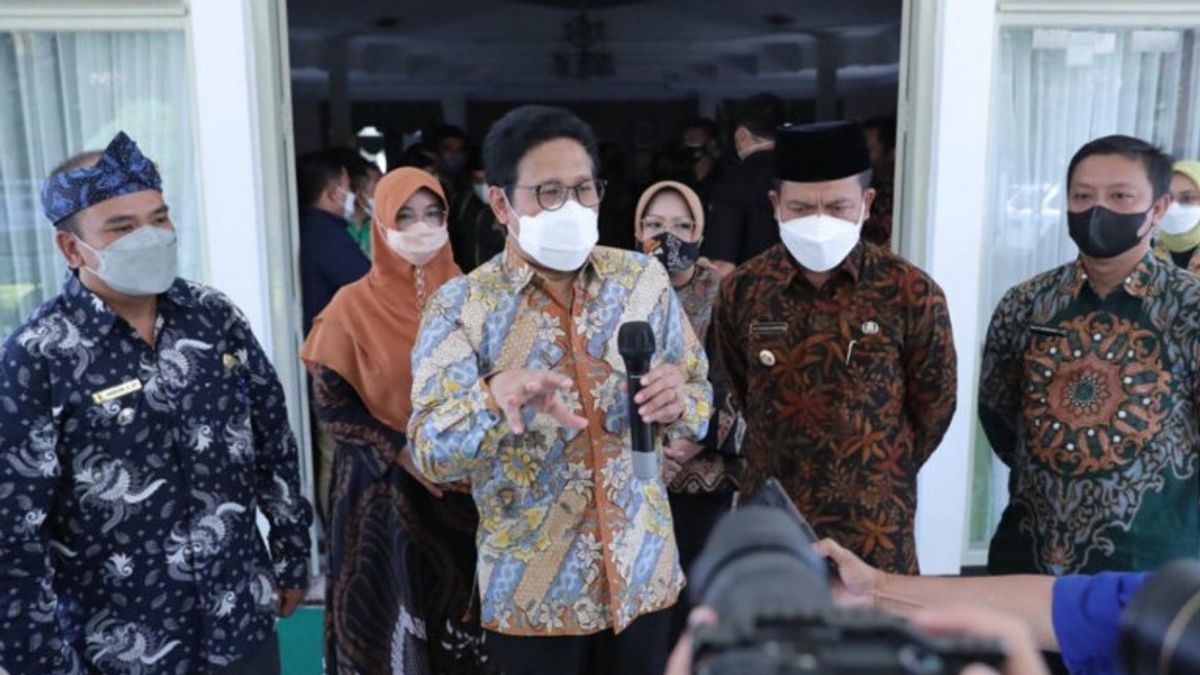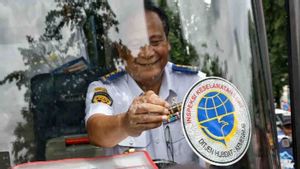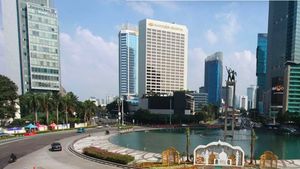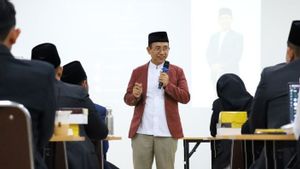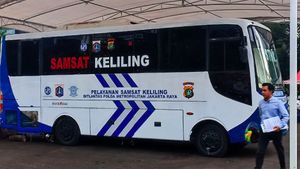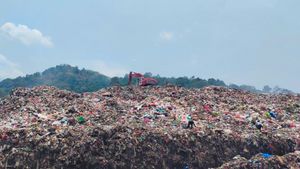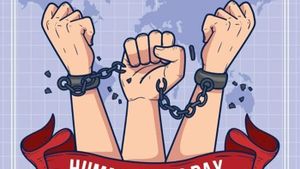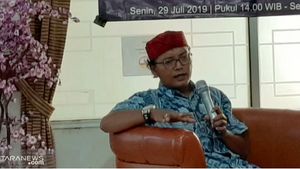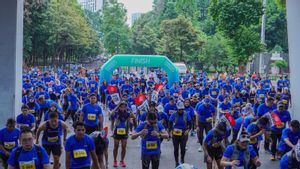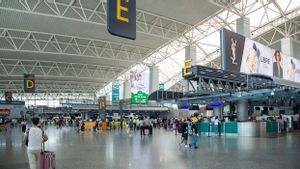JAKARTA - Minister of Villages, Development of Disadvantaged Regions and Transmigration (Mendes PDTT) Abdul Halim Iskandar said that solving extreme poverty at the village level is based on individuals.
"The subject of handling the extreme poor is based on one name and one address, so we continue to carry out a village SDGs data census so that it can target all residents," said Halim Iskandar in Bandung Regency, quoted by Antara, Thursday, September 30.
Halim Iskandar explained that the classification of extreme poverty refers to World Bank standards. According to him, individuals whose income is below the Parity Purchasing Power (PPP) of 1.99 US dollars or Rp. 12,000/capita/day are categorized as extreme poverty.
The extreme poor are those who have almost all of the multidimensional complexity of poverty with characteristics of the elderly, living alone, not working, disabled, having chronic/chronic diseases, uninhabitable houses, not having clean water and adequate sanitation facilities.
Halim Iskandar explained that the Kemendes PDTT has a clear road map in resolving villagers who fall into the category of extreme poverty.
These stages include completing the Village SDGs data, focusing on implementing activities for the extreme poor, assisting village mustahik, assisting in the preparation of APBDes, increasing the capacity of the extreme poor, and strengthening welfare posyandu.
"All these strategies and stages can be supported by village funds, as stated by President Jokowi, there are two uses of village funds, namely for economic growth and increasing human resources," said Halim Iskandar quoted from a press release.
Halim Iskandar explained, the results of the SDGs data collection carried out in West Bandung totaled 220,462 people in extreme poor villages with the division of category 1 as many as 12,529 people and category 2 as many as 207,933 people.
"This handling can be done by consolidating between the regional government and the ministry level in order to realize the zero percent extreme poverty plan in 2024," he said.
To support the implementation of actions for handling the extreme poor and monitoring the sustainability of the results of zero percent extreme poverty, applications that are connected from villages, sub-districts, districts, provinces, to the center have been prepared.
The English, Chinese, Japanese, Arabic, and French versions are automatically generated by the AI. So there may still be inaccuracies in translating, please always see Indonesian as our main language. (system supported by DigitalSiber.id)
